When Do Puppies Stop Biting? (and How to Stop)
Puppies are adorable bundles of joy, but their sharp little teeth can be a source of frustration for many new dog owners. If you’re dealing with a nippy pup, you’re probably wondering when this phase will end.

Most puppies naturally stop biting between 3 to 6 months of age as they complete their teething process and learn bite inhibition. This timeline can vary depending on the breed and individual puppy, but with consistent training and patience, you can help your furry friend develop better habits.
Understanding why puppies bite and how to address this behavior effectively can make your life easier and strengthen your bond with your new companion. Let’s explore some practical strategies to guide your puppy through this developmental stage and create a more harmonious household for both of you.
Understanding Puppy Biting Behavior
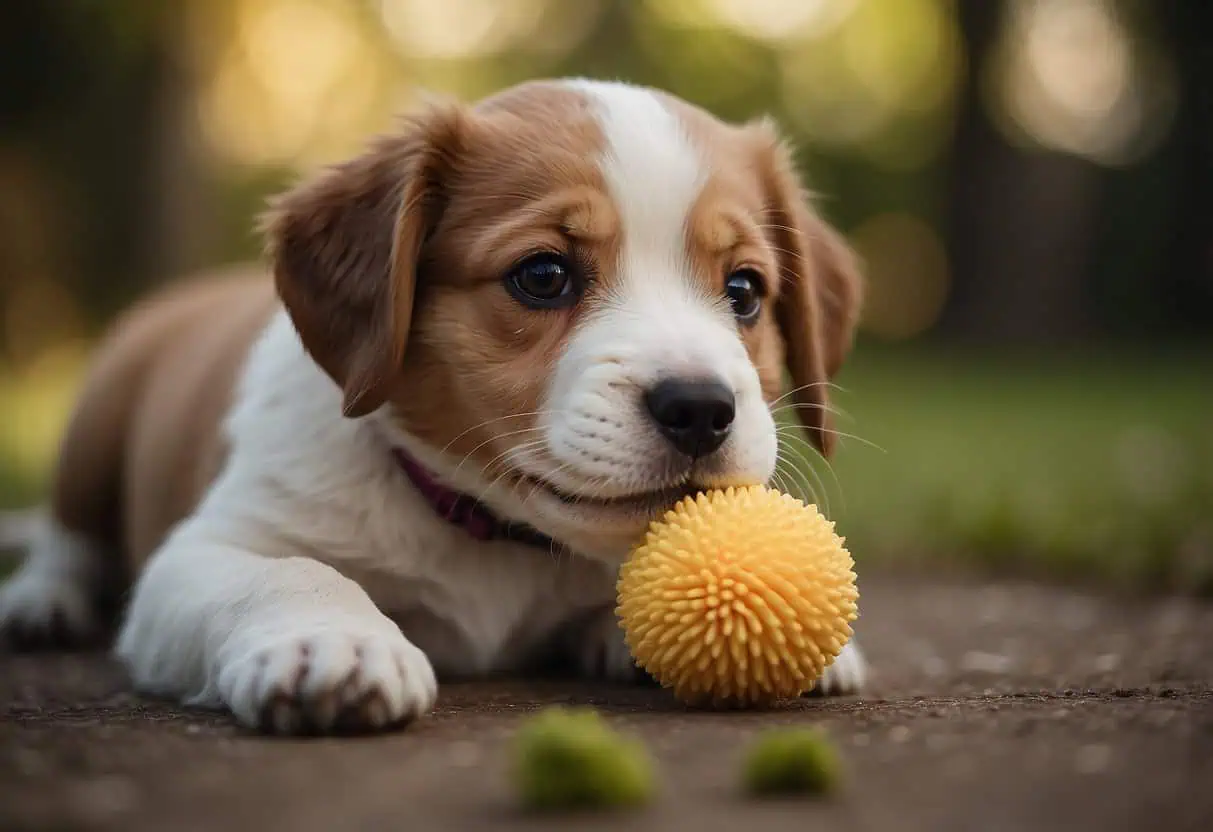
Puppy biting is a natural behavior tied to teething and exploration. It’s crucial to recognize the underlying causes and developmental stages to address this habit effectively.
Reasons Behind Biting
Puppies use their mouths to explore their environment. This behavior stems from instincts developed during early interactions with littermates. Biting and mouthing (research article) help puppies learn about their surroundings and establish social boundaries.
Teething discomfort often leads to increased chewing and biting. Puppies may seek relief by gnawing on objects or your hands.
Play biting is common during energetic interactions. Puppies haven’t yet learned to control their bite strength, making playtime potentially painful for owners.
Key reasons for puppy biting:
- Exploration and learning
- Teething discomfort
- Playful behavior
- Attention-seeking
Stages of Teething
Puppies go through distinct teething phases as they grow. Understanding these stages helps you manage biting behavior more effectively.
- Milk teeth (3-6 weeks): Puppies develop their first set of 28 teeth.
- Teething (3-6 months): Adult teeth begin to emerge, replacing milk teeth. This period often sees increased chewing and biting due to discomfort.
- Adult teeth (6-7 months): By this age, puppies should have their full set of 42 adult teeth.
During teething, provide appropriate chew toys to redirect biting behavior. Learning bite inhibition is crucial during this period. You can help by yelping or withdrawing attention when your puppy bites too hard, teaching them to control their bite strength.
Effective Training Techniques

Training a puppy to stop biting requires a combination of proven methods. These techniques focus on positive reinforcement, teaching bite inhibition, and maintaining consistency throughout the process.
The Role of Positive Reinforcement
Positive reinforcement is crucial in puppy training. When your puppy refrains from biting, reward them immediately with treats, praise, or toys. This reinforces good behavior.
Create a calm environment for training sessions. Short, frequent sessions work best for puppies with limited attention spans.
Redirect biting behavior to appropriate chew toys. When your puppy tries to bite you, offer a toy instead. This teaches them what they can bite.
Use verbal cues like “gentle” or “no bite” consistently. Pair these with positive reinforcement when your puppy responds correctly.
Consider clicker training to mark desired behaviors precisely. Click when your puppy plays gently, then reward them.
Bite Inhibition Training
Bite inhibition teaches puppies to control their bite force. Allow gentle mouthing during play, but stop playtime if biting becomes too hard.
Yelp or say “ouch” loudly when your puppy bites too hard. This mimics how puppies learn from littermates.
Gradually decrease your tolerance for bite pressure over time. This helps your puppy develop a soft mouth.
Socialize your puppy with other dogs to learn bite inhibition naturally. Supervised playdates can be very effective.
Use time-outs for persistent biting. Calmly place your puppy in their crate or a designated area for 30-60 seconds.
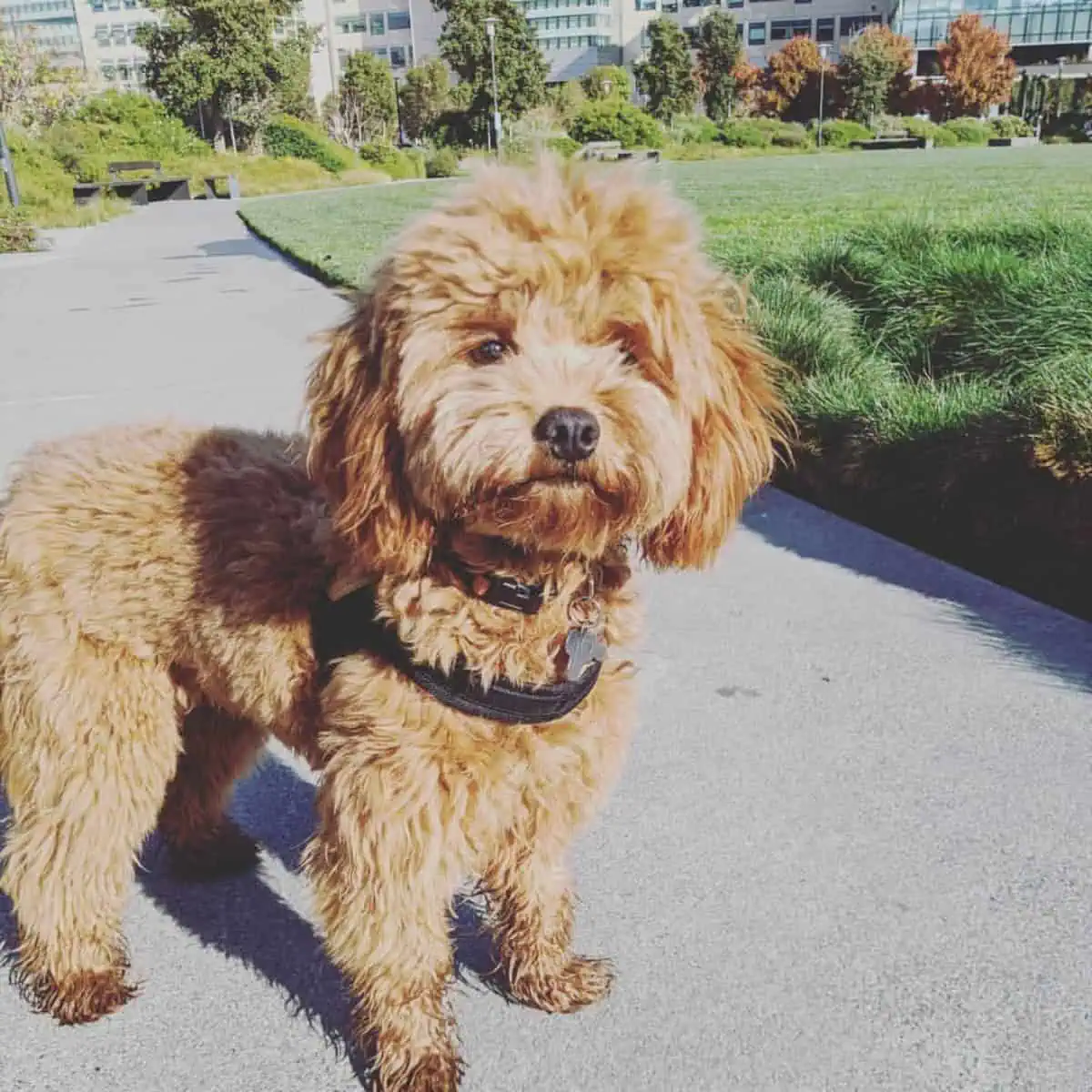
Consistency and Patience in Training
Consistency is key in puppy training. Ensure all family members use the same commands and techniques to avoid confusing your puppy.
Set realistic expectations. Puppies take time to learn, and progress may be gradual. Stay patient and celebrate small improvements.
Establish a routine for training sessions. Regular practice helps reinforce good habits.
Avoid physical corrections or punishment. These can damage your relationship with your puppy and may increase aggression.
Consider working with a certified professional dog trainer if you’re struggling. They can provide personalized guidance and support.
Maintain a positive attitude throughout the training process. Your puppy will pick up on your emotions and respond accordingly.
Toys and Tools to Manage Biting
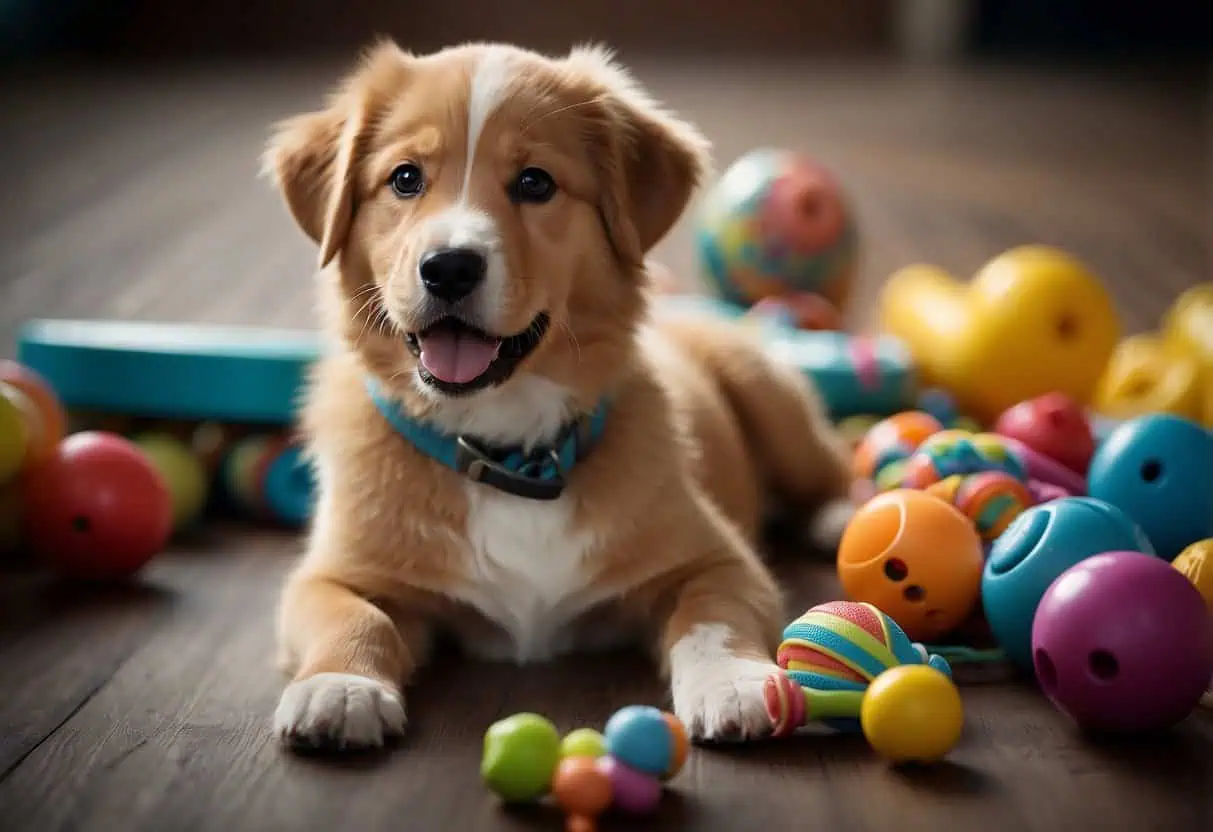
Effective toys and tools can significantly reduce puppy biting behavior. Providing appropriate chew toys and teething aids helps redirect your puppy’s natural urge to bite and chew during this important developmental stage.
The Importance of Chew Toys
Chew toys play a crucial role in managing your puppy’s biting tendencies. Puppies naturally explore the world with their mouths, and providing suitable chew toys helps satisfy this instinct safely.
Durable chew toys offer several benefits:
• Redirect biting behavior
• Soothe sore gums during teething
• Provide mental stimulation
• Strengthen jaw muscles
Choose toys specifically designed for puppies to ensure they’re safe and appropriate for your dog’s age and size. Rotate toys regularly to maintain interest and prevent boredom.
Selecting Safe and Effective Teething Toys
When selecting teething toys for your puppy, prioritize safety and durability. Puppy teething typically occurs between 3-6 months of age, and providing appropriate toys during this time is essential.
Look for the following features in teething toys:
• Textured surfaces to massage gums
• Freezable options for added relief
• Non-toxic materials
• Appropriate size to prevent choking
Avoid toys with small parts that can break off and pose a choking hazard. Regularly inspect toys for wear and tear, replacing them as needed to ensure your puppy’s safety.
Socialization and Professional Help
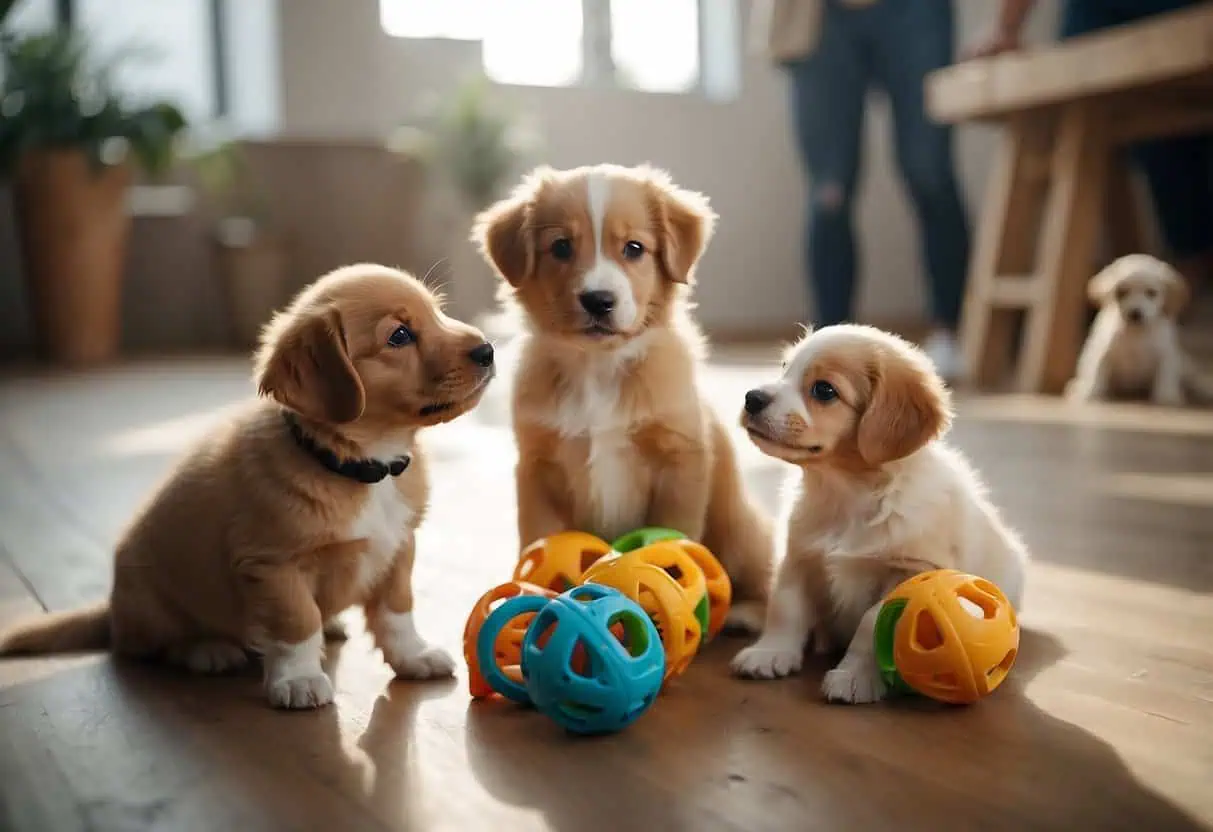
Proper socialization and professional guidance are crucial for curbing puppy biting behavior. These approaches help puppies learn appropriate interactions and develop into well-mannered adult dogs.
Benefits of Puppy Classes
Puppy socialization classes provide a controlled environment for young dogs to learn essential skills. You’ll find these classes offer structured play sessions where puppies practice appropriate mouthing and bite inhibition.
During these sessions, puppies interact with various breeds, helping them understand canine body language. This exposure reduces the likelihood of aggression towards other dogs in the future.
Puppy classes also teach you how to respond when your puppy bites. You’ll learn techniques like redirecting their attention to toys or using a firm “game over” signal when play becomes too rough.
Professional instructors can guide you on handling specific situations, such as introducing your puppy to young children or navigating dog park etiquette.
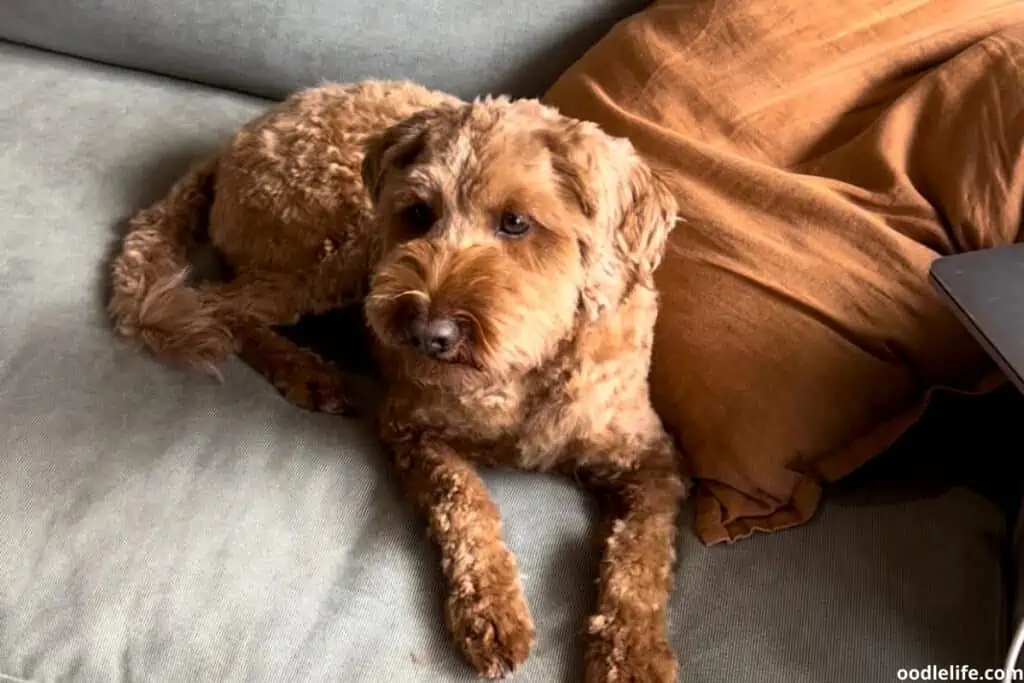
When to Seek a Dog Trainer
If your puppy’s biting persists despite socialization efforts, it’s time to consult a professional dog trainer. Seek help if your puppy’s bites break human skin or if they show signs of aggression.
A trainer can assess your puppy’s behavior and develop a tailored plan to address biting issues. They may recommend techniques like positive reinforcement to encourage gentle play.
For breeds prone to protective behaviors, like Rottweilers, early professional intervention can be particularly beneficial. A trainer can help you establish clear boundaries and prevent future aggression.
Remember, physical punishment is never appropriate. If you’re struggling with your puppy’s biting, a professional can provide alternative, effective strategies to modify this behavior.